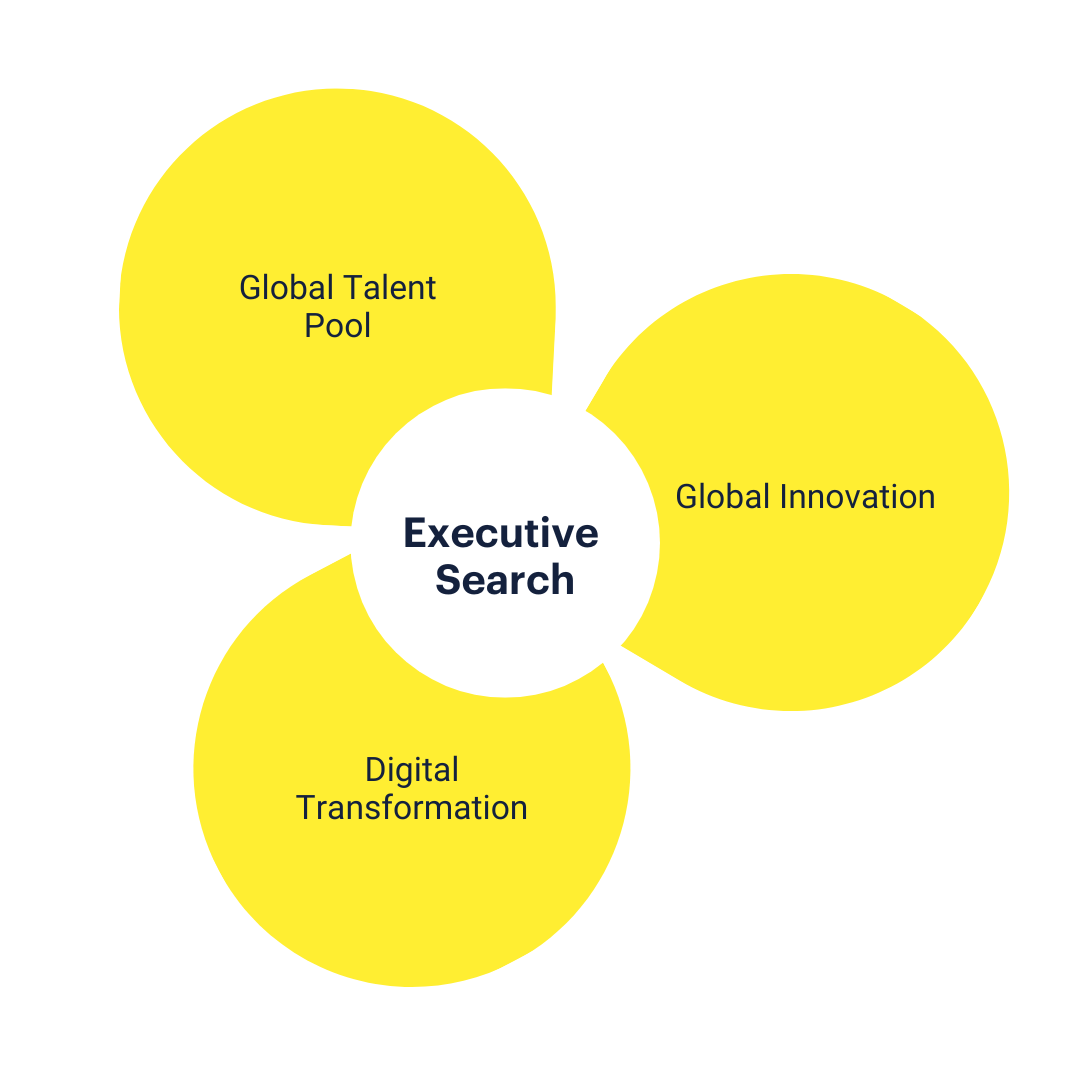Portugal’s education and nonprofit sectors are pivotal in shaping the nation’s future, yet they face significant challenges that impede their progress. Addressing these issues requires strategic leadership, where executive search firms play a crucial role in identifying and placing leaders capable of driving positive change.
Current Challenges in Portugal’s Education and Nonprofit Sectors
- Demographic Shifts: Portugal is seeing an emigration of young professionals looking to advance in their careers overseas. Almost a third of young Portuguese within the ages of 25 to 35 are currently living outside the country and this has resulted in a deficit of qualified personnel in the country’s education and nonprofit sector.
- Aging Workforce in Education: An increase in retirements in the teaching population is causing an educator shortage which is ultimately affecting the education sector. This particular trend has a negative impact on the quality of education people
- Integration of Migrant Students: In the last five years, the number of migrant students that are enrolled has increased by 160% and currently accounts for 13.9% of the student body. The incorporation of these students as well as dealing with the language barrier poses a major problem for educational institutions.
- Economic Constraints in Nonprofits: Nonprofit organizations face challenges such as insufficient funds and resources which make it difficult to get qualified employees. The economic gaps also make this issue worse which makes it harder for nonprofits to sustain their operations.
Opportunities for Executive Search Firms
Executive search firms can be instrumental in navigating these challenges by:

- Spotting Adaptive Leaders: Searching for leaders that are competent and can dynamically adapt to the changing educational scope as well as deal with innovation.
- Supporting Diversity And Inclusion: Supporting leadership that mirrors the diverse make up of students in order to promote inclusive educational settings.
- Strengthening Relational Organizational Resilience: Putting leaders can manage resources effectively and raise non profit funds to improve the financial position of the organization.
- Facilitating Digital Transformation: Recruiting leaders proficient in digital technologies to advance educational methodologies and improve operational efficiencies within nonprofits.
Statistical Insights on Portugal
- The Portuguese government has proposed significant tax incentives to retain young talent, including a decade-long income tax break for young adults earning up to €28,000 annually.
- A study indicates that retraining approximately 1.3 million workers in generative artificial intelligence could boost Portugal’s productivity to match the EU average by 2030.
- In the 2022/2023 academic year, Portugal’s primary education system enrolled over 388,300 students, while upper secondary education saw nearly 395,000 students. This substantial enrollment underscores the critical importance of effective leadership in managing educational institutions to ensure quality education for a large and diverse student body
The challenges within Portugal’s education and nonprofit sectors are multifaceted, encompassing demographic shifts, economic constraints, and the need for technological advancement. Executive search firms have a pivotal role in addressing these issues by placing visionary leaders who can navigate complexities, drive innovation, and foster inclusive growth.
By aligning leadership capabilities with sector-specific needs, these firms contribute significantly to the resilience and advancement of Portugal’s educational and nonprofit landscapes.
Click here to get in contact with us.






